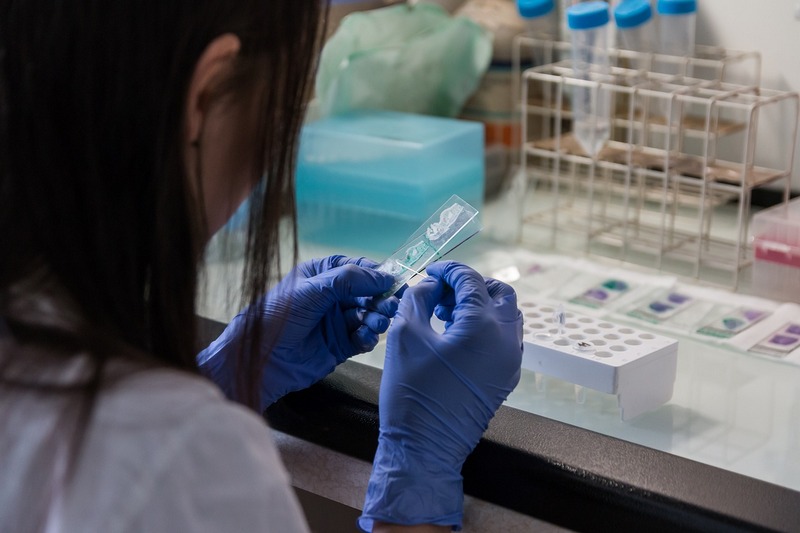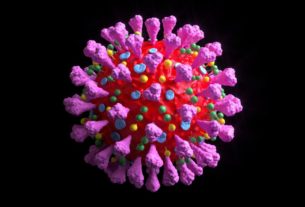The Ministry of Health and Wellness has strongly advised the public against the use of rapid antibody tests to diagnose COVID-19.
In a statement today, the Ministry said that it had come to its attention that some local providers were offering rapid antibody tests for COVID-19.
Noting that these tests were currently not recommended by the World Health Oganization (WHO) for the diagnosis of acute disease, the statement stressed: “At this point, the Ministry of Health and Wellness does not support the use of rapid antibody tests for the diagnosis of COVID-19, since test results, using this approach, may be highly unreliable.”
The Best-dos Santos Public Health Laboratory uses molecular testing or PSR technology, which the statement described as the gold-standard for the diagnosis of acute infection with SARS-CoV-2, the virus responsible for the COVID-19 pandemic.
Explaining that the symptoms of COVID-19 were non-specific and could resemble those of many other diseases, such as influenza, the Ministry stated that diagnostic tests were therefore essential for identifying people who had the viral illness.
“This type of molecular test is performed on respiratory tract samples and is the recommended method for the identification and laboratory confirmation of COVID-19 cases. When carried out properly, a result that shows whether the virus has been detected is extremely reliable,” the Ministry maintained.
It informed that while other tests looked for antibodies to the virus, that is, evidence that the body has produced an immune response to it, it took time for the body to produce these antibodies…”so antibody tests are not useful in confirming if someone has COVID-19 in the first few days of infection”.
It further highlighted that the currently available rapid antibody tests were not reliable in terms of accuracy, and based on current evidence, the use of these new point-of-care immunodiagnostic tests were recommended by WHO only in research settings.
The statement concluded: “They should not be used in any other setting, including for clinical decision-making, until evidence supporting use for specific indications is available.” (JS/BGIS)




